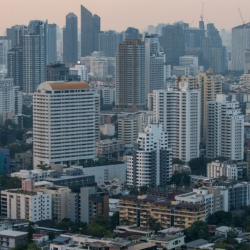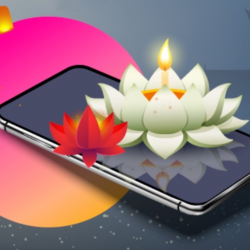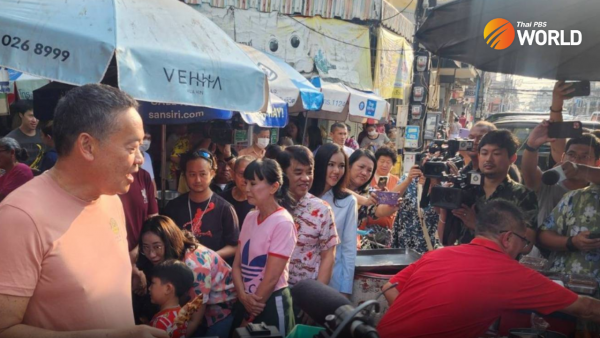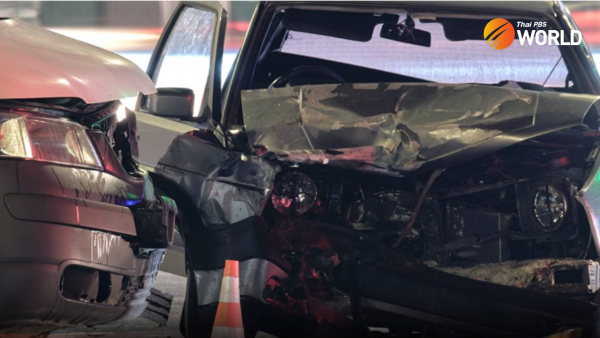Abortion is now legal, but why is it so difficult to get one in Thailand?
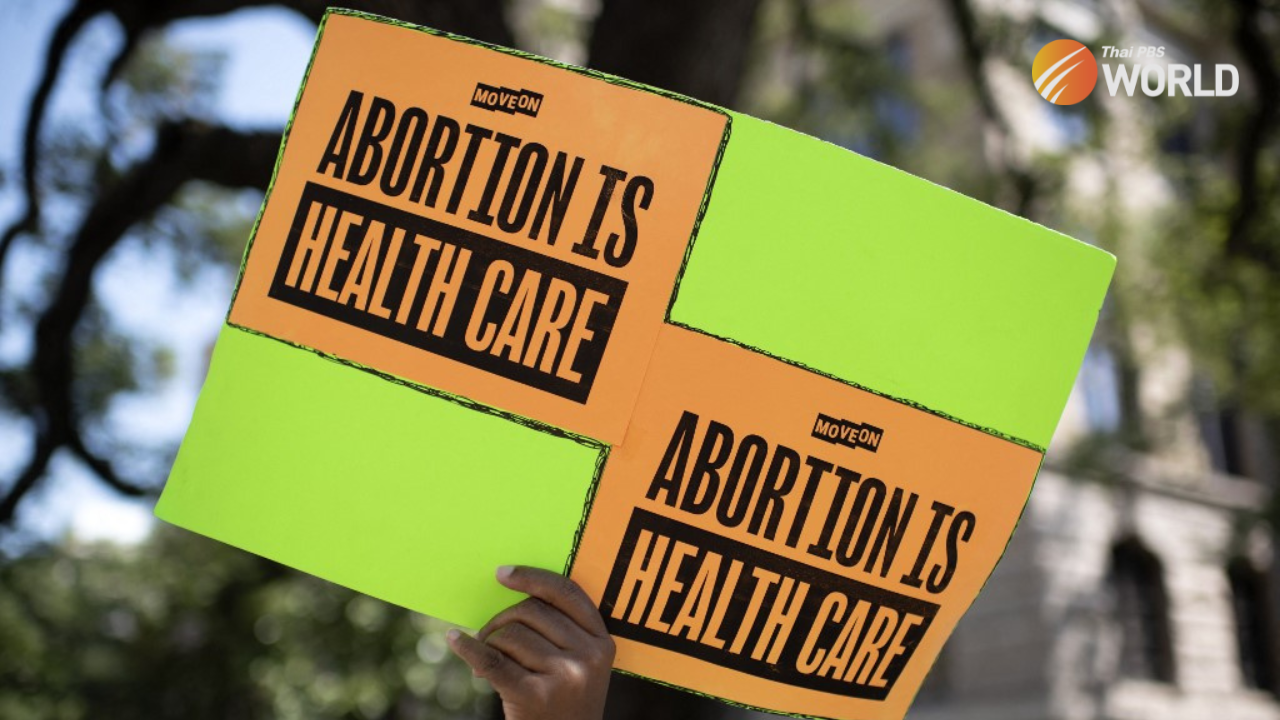
Although Thai law was changed last year to allow the termination of a pregnancy up to 12 weeks and again this year with some conditions to up to 20 weeks, it remains difficult for women in Thailand to get a free and safe abortion.
“If you think abortion services have become available for all pregnant women who want to exercise their right to a legal abortion, you are wrong,” Tamtang Group’s founder and coordinator Supecha Baotip said.
Her group has long campaigned for women’s right to safe abortions but despite finally seeing legalization in February 2021, access to abortion services is still very limited.
Only about 100 medical facilities offer safe abortion under the law, according to Tamtang Group’s data. However, most of them are private clinics. In Bangkok, not a single state hospital offers the service, meaning abortion is out of reach for most Thais in the capital.
“Yet, ironically, Bangkok has the biggest number of unwanted pregnancies judging by calls to counsellors,” Supecha said. “The closest state hospital we can recommend is in Singburi province.”
Struggling for termination
Nearly two years ago, Pure (not her real name) travelled more than 100 kilometers from Bangkok to Singburi for a free termination at a state hospital. Abortion was at the time banned in Thailand unless the pregnancy had resulted from rape or it threatened the mother’s mental or physical health.
“I could not think of giving birth to a child back then. I was only 24, and my relationship with my boyfriend was rocky,” Pure said.
Her decision to end the pregnancy was also driven by doubts about whether she would be a good mother. And she was worried about giving up her job to look after the baby.
“So, abortion appeared to be the best thing to do,” she said.
She turned to the Aids Access Foundation’s 1663 hotline for help, but it took several weeks to get an appointment at the Singburi hospital. She was five weeks into her pregnancy when she decided on termination but by the time she checked into the hospital, she was eight weeks pregnant.
“I had to be diagnosed with depression to prove that the pregnancy was affecting my mental state,” she said. “My claim also had to be backed by a witness, who in my case was my then-boyfriend.”
Pure finally terminated her pregnancy safely and broke up with her boyfriend. Looking back, she still thinks she made the right decision for herself.
She is also relieved that Thai law and society have become more accepting of abortion, which was once a taboo subject in the predominantly Buddhist country.
Who to turn to?
The Aids Access Foundation offers counselling and advice to women with unwanted pregnancies via several platforms, including the 1663telephonecsg Facebook page and the 1663 hotline. The hotline received calls from 41,542 women, 2,947 of them living in Bangkok, in the six months from October last year to March.
Meanwhile, in the 10 months from June to March 31 this year, the Tamtang Group received 1,177 calls for help from women, of whom 277 lived in Bangkok.
Both organizations help connect women seeking abortions with certified medical facilities to ensure their pregnancy is terminated safely. The National Health Security Office (NHSO) has provided coverage of 3,000 baht per abortion at state hospitals since 2020.
The Planned Parenthood Association of Thailand, which now has nine offices across the country, also offers counselling and abortion services to women.
“We offer them options and also help empower their decision-making,” said Warunee Tungsiri, deputy director of the association’s northeastern branch.
‘More needs to be done’
Supecha said Thailand needs to do more to ensure women have the right to safe abortions. The law has already changed, she said, so the attitudes of people, especially doctors, should also change.
Dr Boonyarit Sukrat, who heads the Public Health Ministry’s Bureau of Reproductive Health, said abortions are not available at all hospitals because some people and medics oppose the move. Some medical personnel feel uncomfortable about terminating pregnancies, he added.
“Executives from the Public Health Ministry, the NHSO, the National Security Office and the Bangkok Metropolitan Administration should take a clear stance on this to drive changes in attitude,” Supecha said.
She suggested that as a first step, authorities could circulate memos informing medical personnel of the risks of death or serious injury from unsafe abortions.
Supecha said that some medical workers had only agreed to work with her society anonymously out of concern over prevailing attitudes on abortion in Thai society.
If their names or workplaces were revealed, it would become very difficult for her group to make appointments for women wanting to abort their pregnancy, she added.
Warunee said moves to change people’s attitudes should be gradual to avoid arousing strong opposition from those who are against abortion.
“We need to respect the rights of medical service providers too,” she said.
Benefits of choices
Prof Dr Orawee Chintanakan, who works for the Referral System for Safe Abortion (RSA), said that like many Thais, she too once believed that abortion was a sin. She said her belief was driven by Thai laws and the religion and folklore she had absorbed growing up.
“But in my years at work, I have seen women lose their lives after getting unsafe abortions,” Orawee said. “So I think it is better to provide women with access to safe abortions conducted by doctors.”
Currently, 174 doctors and more than 700 other volunteers are working with RSA. Cases are referred via Line, and the network also has a fund to support women in need.
Asst Prof Dr Thanapan Choobun, who teaches gynecology and obstetrics at Prince of Songkla University, admitted he had once been unwilling to provide abortion services.
“But my horizons expanded after talking to people from various professions and backgrounds. My attitude has also changed due to my own direct experience. I have seen patients I turned away return with complications from unsafe abortion services,” he said.
Warunee said even elderly people in rural communities now recognize that sometimes abortions should be considered, given that their financial status does not allow them to help raise grandchildren.
“They are not financially secure. They say monthly state subsidies for the elderly [which ranges between 600 baht and 1,000 baht] cannot cover child upbringing,” she said.
By Thai PBS World

